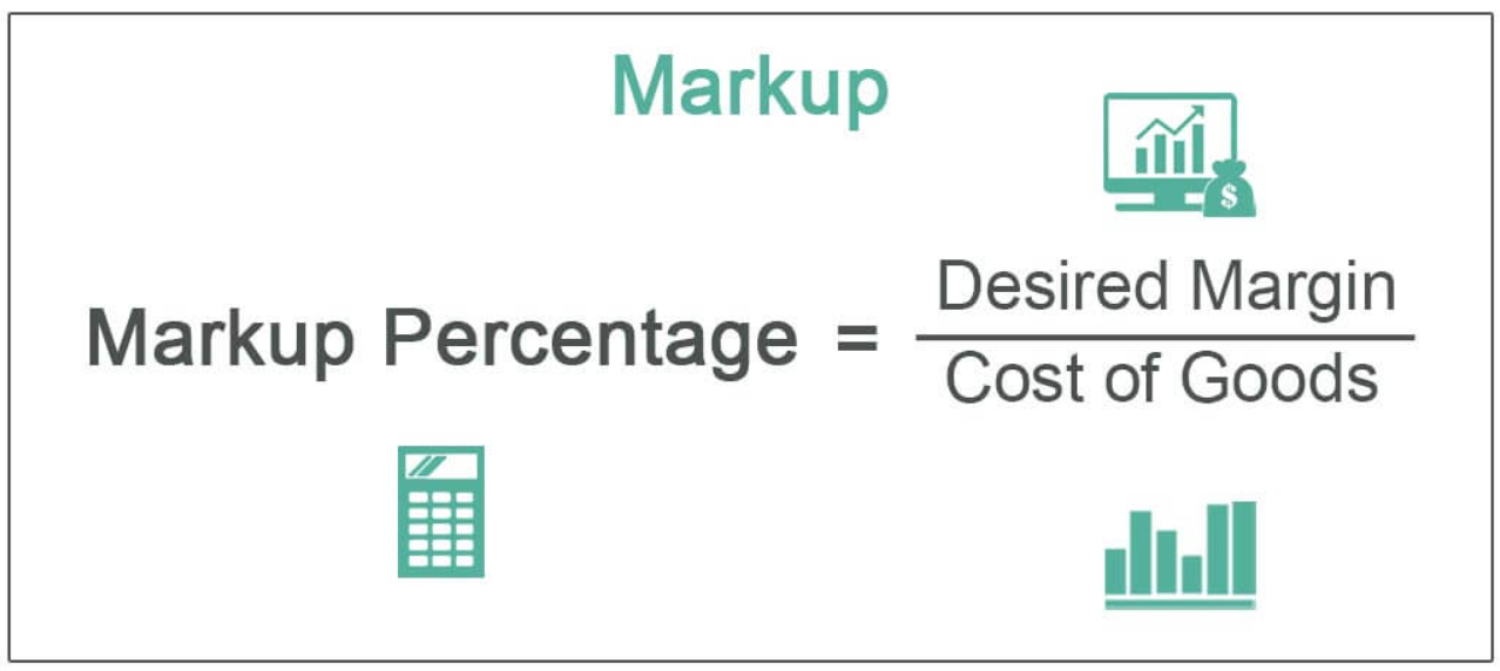- SurveyJunkie: Make $5-$25 in your free time. Just take online surveys, participate in Focus Groups and trying new products. Join SurveyJunkie Now!
Have you ever wondered how travel agents make money in the travel industry? Explore the reliable and varied ways in which travel agents make money. From commissions and service fees to supplier incentives, and markups, we will uncover the diverse methods that sustain the financial viability of travel agencies.
Travel agents earn a huge chunk of their money from 7 reliable ways: Commissions, Service Fees, Supplier Incentives, Markups, Specialized Group Tours, Travel Insurance, and the new trend of Destination Weddings.
In this article, we will delve into how travel agents get paid. We will offer you insights into their business models and financial strategies. This guide will entertain, educate, and reveal how travel agencies get paid. We will unveil the secrets behind how do travel agents make money, delving into how do travel agencies work.
From the traditional model of commissions to innovative approaches – we will provide a comprehensive overview of the financial strategies that sustain travel agencies. Whether you’re considering a career in the travel industry or planning your next vacation, this guide will offer valuable insights into the business side of travel agents and how they ensure their financial viability.
Discover the reliable and varied ways of how do travel agents get paid in the travel industry. Explore the intricacies of how do travel agents make money!
Read also: How to Make Money with Land?
Source of Money
Table of Contents
Commissions: The Traditional Revenue Model

Travel agents have long relied on commissions as a primary revenue source. When they book flights, hotels, cruises, or other travel arrangements for their clients, they receive a percentage of the total cost as a commission from the suppliers. These commissions can vary depending on the type of travel arrangement and the travel agency’s agreements with suppliers. While the commission model has been a longstanding revenue stream for travel agents, changes in the travel industry have led to the adoption of additional revenue streams.
Service Fees: Earning for Expertise

Many travel agents charge service fees to compensate for the time and expertise they invest in curating personalized travel experiences for their clients. These service fees can be a flat rate or a percentage of the total trip cost. By charging service fees, travel agents demonstrate the value of their services and provide transparency regarding their earnings. This approach ensures that travel agents are fairly compensated for planning and coordinating complex travel itineraries.
Supplier Incentives: Collaborative Earnings
In addition to commissions, travel agents often receive incentives from suppliers for promoting and booking their products or services. These supplier incentives can come in various forms, such as cash bonuses, free upgrades, or special discounts for the agent’s clients. By building strong relationships with suppliers, travel agents can take advantage of these incentives while providing added value to their clients.
Markups: Adding Value to Travel Packages

Some travel agents apply markups to travel packages, allowing them to offer bundled services at a competitive price while earning additional revenue. Markups can be applied to various travel package components, such as flights, accommodations, tours, or other add-on services. Travel agents carefully assess the market and negotiate with suppliers to ensure that their markups are fair and in line with the value they provide to their clients.
Group Travel and Specialized Tours: Profitable Niche Markets

Organizing group travel and specialized tours can be a lucrative niche for travel agents. By curating unique travel experiences, such as destination weddings, corporate retreats, or themed tours, travel agents can attract a specific clientele and charge premium fees for their expertise in coordinating these specialized trips. These niche markets allow travel agents to leverage their knowledge and connections to create unforgettable travel experiences, resulting in higher earnings.
Travel Insurance Sales: Protecting Clients and Earning Commissions

Travel agents often offer travel insurance to their clients to protect against unforeseen circumstances, such as trip cancellations or medical emergencies during travel. In addition to providing valuable protection for clients, selling travel insurance can earn travel agents commissions from insurance providers. This revenue stream benefits the travel agent and enhances the overall customer experience by offering comprehensive travel protection.
Read also: How to Change Registered Agent in California?
Destination Weddings and Honeymoons: Celebrating Love and Earning Income

Organizing destination weddings and honeymoons is another lucrative travel industry segment for travel agents. Travel agents can earn a substantial income through service fees and commissions by assisting couples in creating their dream wedding or honeymoon experience in exotic locations. This specialized service requires meticulous planning and attention to detail, showcasing the travel agent’s expertise and earning their clients’ trust.
See also: How Much Money Does Disney Make in a Year?
FAQs
How do travel agents make money?
Travel agents make money through commissions, service fees, supplier incentives, markups, and niche market opportunities.
What are commissions in travel agency revenue?
Commissions are a percentage of the total cost of travel arrangements that travel agents receive from suppliers when they book flights, hotels, cruises, and other travel services for their clients.
Do I need to pay service fees to a travel agent?
Some travel agents charge service fees to compensate for their expertise in curating personalized travel experiences and planning complex itineraries.
How do supplier incentives benefit travel agents?
Supplier incentives come in various forms, such as cash bonuses or free upgrades, and provide additional earnings for travel agents who promote and book products or services from specific suppliers.
What are markups in travel packages?
Markups are additional charges applied by travel agents to bundled travel packages, allowing them to offer competitive prices while earning extra revenue.
How do travel agents profit from group travel and specialized tours?
Travel agents can charge premium fees for organizing unique experiences like destination weddings, corporate retreats, or themed tours, catering to a specific clientele, and earning a higher income.
Can selling travel insurance be a source of income for travel agents?
Yes, selling travel insurance protects clients during their trips and earns travel agents commissions from insurance providers, providing an additional revenue stream.
Conclusion
As the travel industry evolves, travel agents continue innovating and adapting to their revenue streams to remain competitive and financially viable. By combining traditional methods such as commissions and service fees with new approaches like supplier incentives, markups, and niche market opportunities, travel agents ensure a sustainable income while providing valuable services to their clients.
Whether you’re a travel enthusiast looking to understand the travel agency business model or an aspiring travel agent seeking insights into earning potential, this article will offer a comprehensive understanding of how do travel agents make money in the dynamic world of travel.
See also: Salary Breakdown: How Much Do Chiropractors Actually Make?
